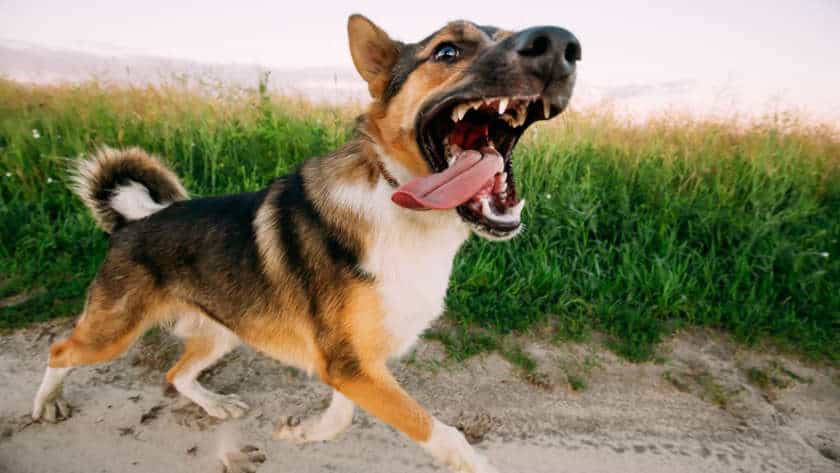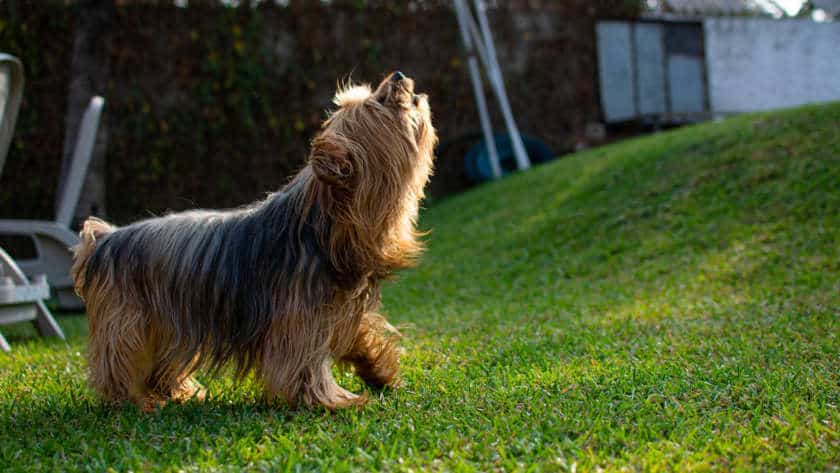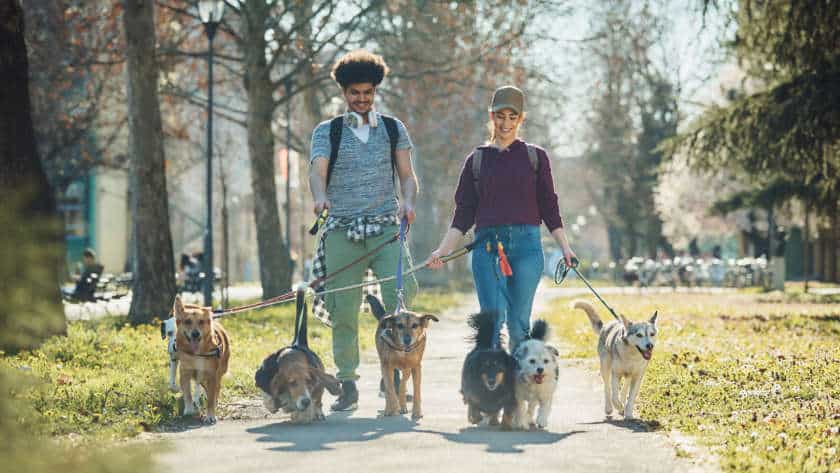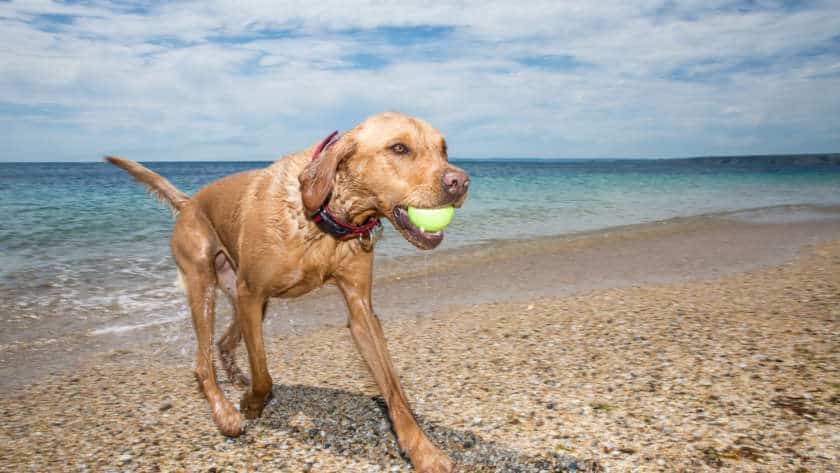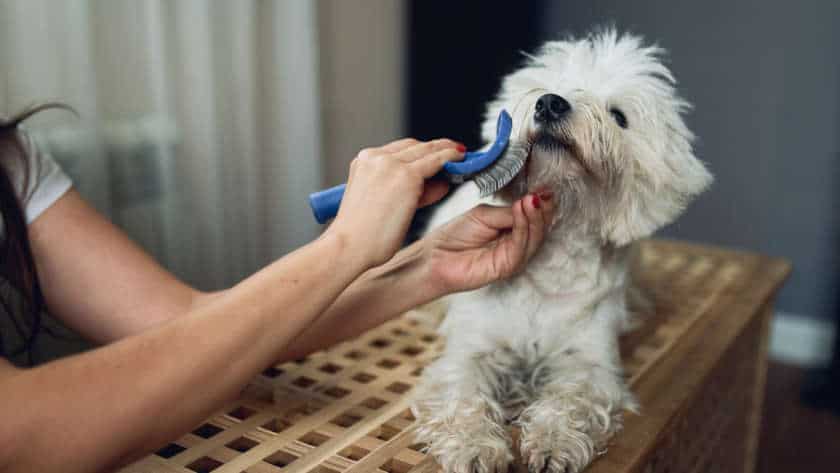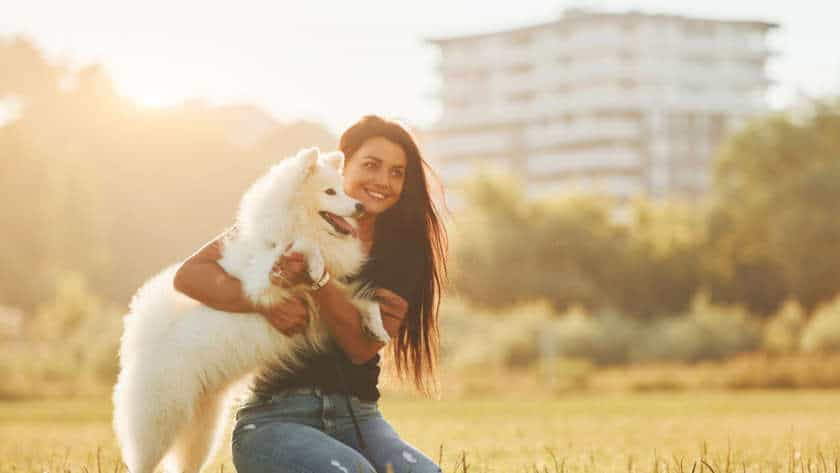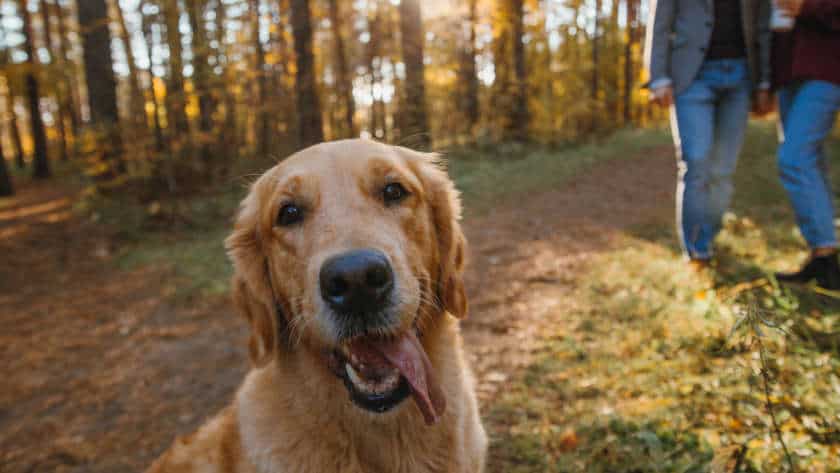Resource Guarding: Possessive Behavior in Dogs Resource guarding is a typical canine behavior. It's when a dog gets possessive or aggressive over its resources. These can be anything, like food, toys, bones, space, or even humans.
It's important to recognize the signs and causes of resource guarding. Common signs include growling, snapping, biting when someone…
